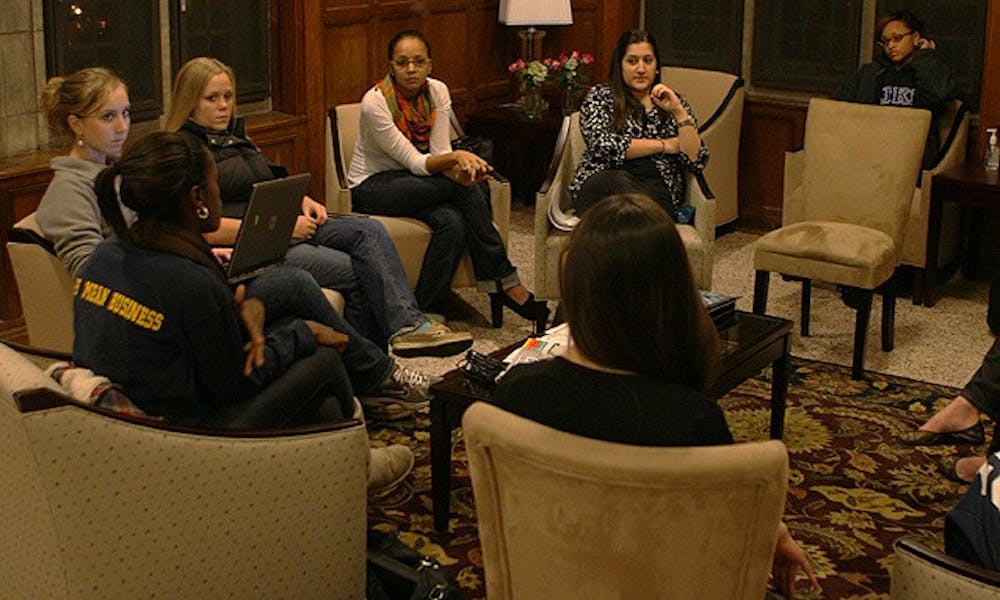Next Fall, upperclassmen women may be eligible to live in two new residential communities on campus—the Women’s Housing Option and the Panhellenic Association’s space on Central Campus.
Although the spaces were granted on different dates, both are part of a campus-wide initiative to promote women’s culture, said Associate Dean for Residential Life Joe Gonzalez.
“I think over the years we’ve had a deficit of the ability of women to influence campus culture to the extent men have been able to, in part due to who currently has space and which students have sections,” Gonzalez said.
The WHO will be located in Few Quadrangle above the Women’s Center, and Panhel housing will be in units 201 and 202 on Alexander Ave.
Although proponents of the WHO sought to increase women’s influence on West Campus, members of Panhel specifically requested space on Central.
“Panhel never asked for space on West,” Gonzalez said. “They wanted space on Central because their vision was to create a junior-senior community. Were they to request space on West it would definitely get consideration.”
The Panhel housing discussion has been on the table for years, said Steve Nowicki, dean and vice provost of undergraduate education. Although many ideas have been circulated in the past, Panhel members needed to develop a proposal that would accommodate all nine sororities and foster a cooperative environment, he added.
“About 1,000 women on campus are members of Panhel,” Nowicki said. “The proposal... is a social dynamic and we recognize the value of sorority based living.”
On the other hand, students who proposed the idea for the WHO were part of PubPol 140 “Women as Leaders.” Rachel Seidman, associate director of the Duke Center for History, Public Policy and Social Change, taught the course. She required her students to identify a problem on campus and to address it by exercising leadership in this field.
“One of the things the students noticed on campus was that there are a lot of women interested in gender issues, but that the Women’s Center is a underutilized resource,” Seidman said. “Part of the students’ goal was to facilitate a wider group of women to make use of the Women’s Center by providing a hub for different groups to connect to each other.”
The WHO has been designated as a special interest area that will house 46 women. WHO programming, however, is open to all students who seek to educate themselves about women’s issues on and off Duke’s campus.
“I really believe this is an important step in the right direction,” Gonzalez said. “Having a women’s group on West presents an opportunity for things to happen that currently do not.”
CORRECTION: A previous version of the article incorrectly characterized WHO house, which is not a substance-free living group. The Chronicle regrets the error.
Get The Chronicle straight to your inbox
Signup for our weekly newsletter. Cancel at any time.

